We are making progress. But there’s more to be done. All children have the right to a safe, inclusive and quality education. We want all children to be educated for life, in a safe and nurturing environment, in order to lead productive and fulfilling lives. Our unique, community-led, whole child model, refined and expanded over our 14-year history, helps establish sustainable child wellbeing solutions. Our education programme focuses on improving the access to and quality of learning opportunities for all children from birth, through childhood and adolescence. We measure our success by the positive improvements in children’s learning outcomes in cognitive, social and emotional, life and livelihood skills. Our survey tool, enables on the ground, real time implementation assessment and coaching; and provides detailed, accessible data for project management decisions. We work hard to reach the most vulnerable children such as those in extreme poverty, with disabilities, out-of-school children, and affected by crises. Our strategies fits and adaptscontinuously to diverse and rapidly changing contexts across the development, humanitarian and gender nexus. We work with local rural and urban communities to drive the social behaviour change required to address obstacles to children’s developmental and learning journey. In coalition with others we strengthen education systems at household, community and national levels. Every child and young person has the right to access safe, inclusive, quality education. As a result of the COVID-19 pandemic, the number of children experiencing reading difficulties rose to 584 million – a jump of over 20% which has reversed over 20 years of education gains. Children and girls in all their diversity, including those living with disabilities, those that are minority, indigenous, minority ethnic or racialized groups, children living in contexts of conflict and crisis, and children living in poor and remote areas are most often denied access to education. This has far-reaching consequences on their futures and those of their families, communities and countries. We promote free, equal access to quality education for all children – from early learning to secondary education. We work with children and young people, their families, communities, wider society and governments , and advocate at both local and national levels, so that all children are able to get an education
Next to Tom Mboya University Hostel-Off Junction RD
What we do
What we do
Our Focus Areas
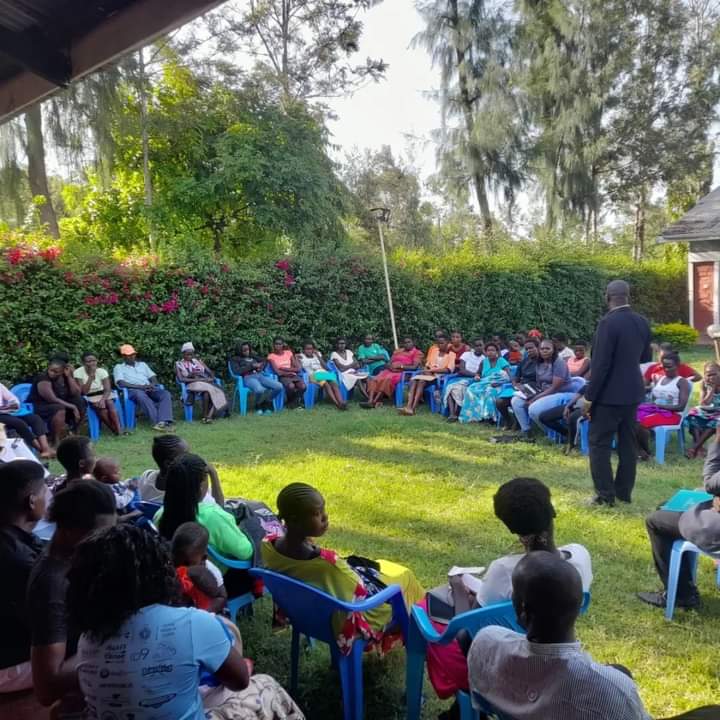
Education and Sponsorship for vulnerable children
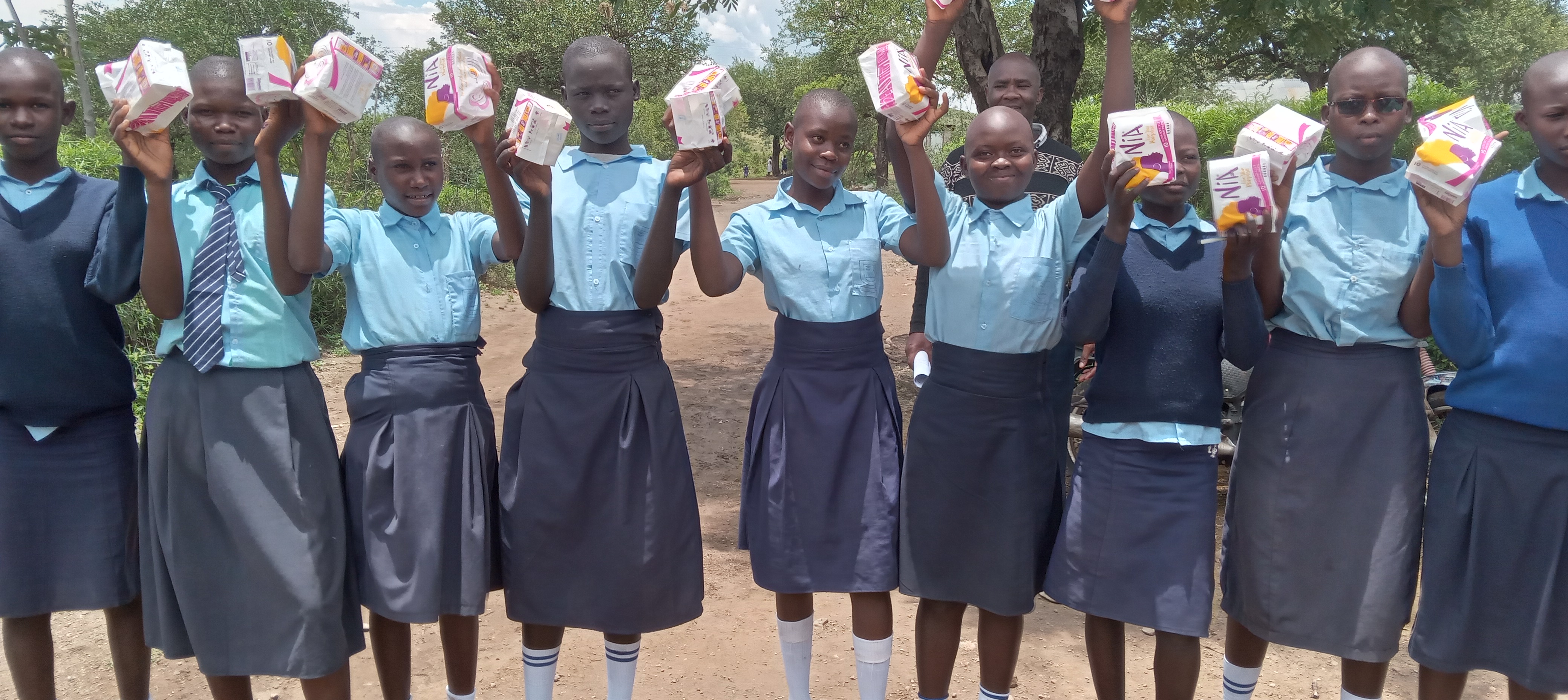
Innovative Health Solutions
Globally, children in the poorest households are twice as likely as those in wealthier households to die before their fifth birthday, and the most vulnerable continue to face a similar burden of health challenges as they did decades ago. Almost half of under-five deaths occur during the newborn period, and vulnerable children are still exposed to preventable diseases like pneumonia, diarrhoea and malaria, which together are responsible for almost half of under-five mortality. Children who have not yet received routine vaccinations – referred to as zero-dose children – account for nearly half of all vaccine-preventable deaths. CAHED, we confront these realities head-on. Our health interventions are designed to address the leading causes of illness and mortality among children under five. Through family- and community-centered approaches, we focus on behaviour change, community and health systems strengthening, and advocacy at various levels to break the cycle of vulnerability. Our work aligns with Sustainable Development Goal 3: Ensure healthy lives and promote well-being for all at all ages. By working closely with families, communities, and partners, we are committed to addressing immediate health challenges and contributing to the broader global agenda of achieving universal health coverage and improving overall well-being. We champion for a community where all children and vulnerable persons are healthy and well-nourished. Good health and nutrition empower children, families and communities, enabling them to thrive for sustainable economic empowerment
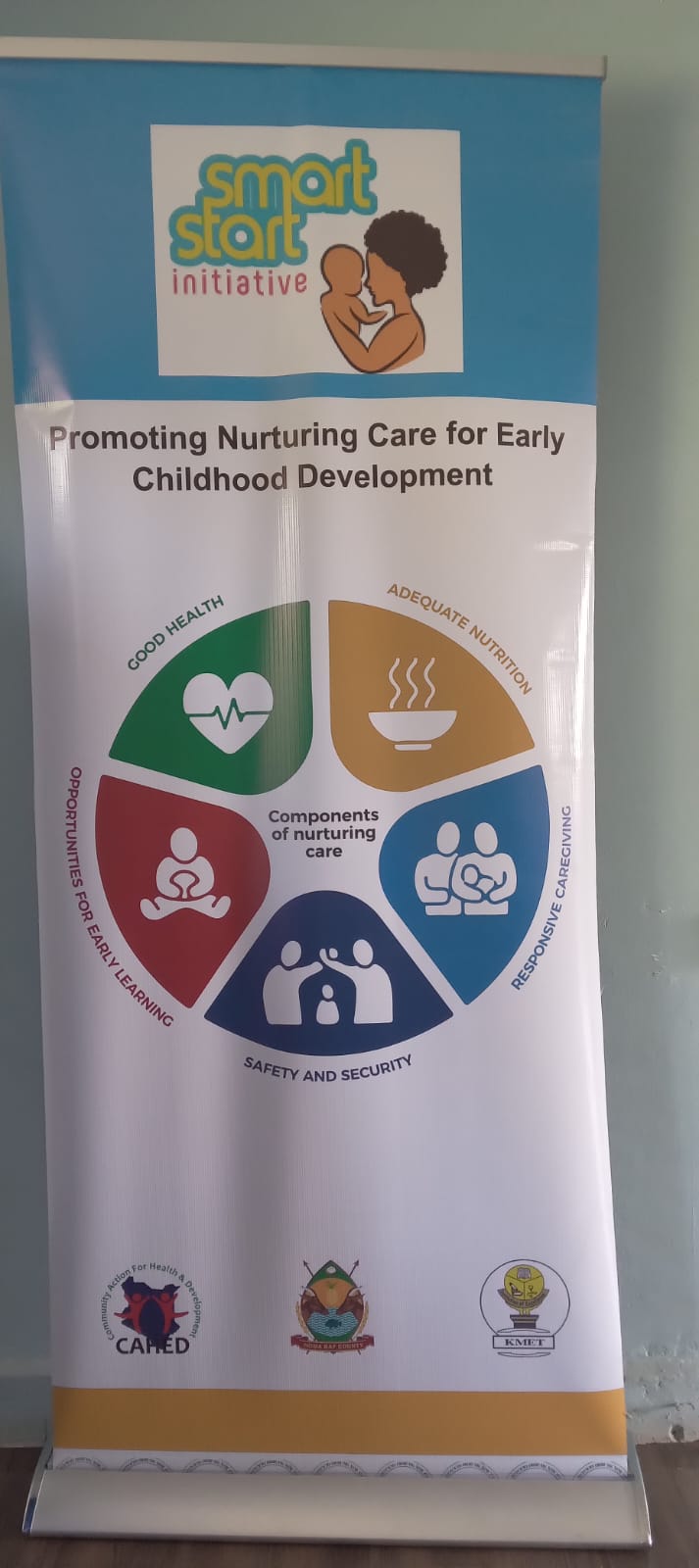
Early Childhood Development
In the early years of a child’s life, especially the first 1,000 days when brain development is at its most rapid, children learn skills that are critical for all aspects of their lives. For their brains and bodies to develop healthily, young children need parents or caregivers who: Create a loving and responsive environment Give their children nutritious food and clean water Protect their children from common illnesses and violence Provide opportunities for play and early learning. However, millions of young children grow up without the care and services they need to survive and thrive. We ensure young children receive the nurturing care they need, including during emergencies. Our work improves children’s health, nutrition, play, early learning and safety while challenging limiting and discriminatory gender stereotypes that hold girls back from an early age.
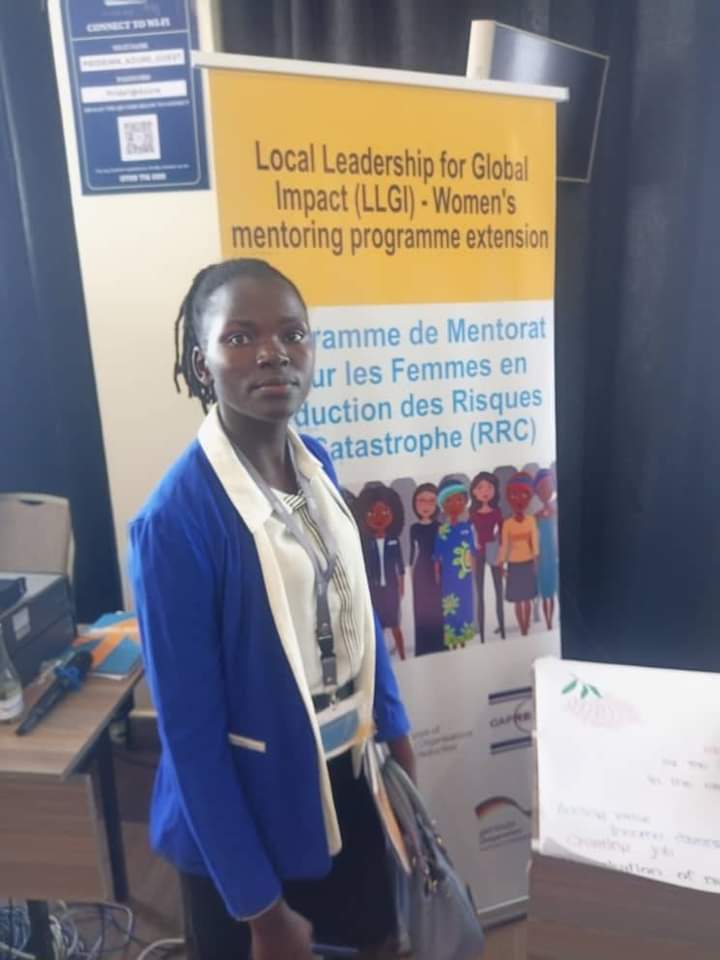
Democracy Governance &Social Accountability
Government commitments and budgets guarantee essential services to families: but the reality is often different. More often than not, it’s the most marginalised who miss out when governments don’t fulfil their promises. Social accountability empowers communities to speak up and advocate for better services from their governments: whether it’s in healthcare, education, child protection, access to nutrition, climate action, gender equity or other areas that impact the wellbeing of children and their families. CAHED social accountability approach is called Citizen Voice and Assembly (CVA). Since 2012 CVA has been used across our working communities hold their local and national governments accountable, and work with them to improve services. CVA is simple, powerful and flexible. It can be integrated within a wide range of other programming, playing a crucial role in strengthening systems to ensure sustainable results. It is effective in rural, urban and fragile settings. CVA aligns directly to Sustainable Development Goal 16: Peace, Justice and Accountable Institutions, and also contributes to numerous other goals depending on the focus of the advocacy (eg health, education). Young people must have the opportunity to lead change within their own communities. We seek ways to enable vulnerable children to understand and defend their rights. Across the nation girls suffer injustices every day simply because they are young and female. We aim to help the girls’ rights movement to grow, to take it from grassroots to national, so girls have greater control in their lives. We encourage boys and young men to respect girls and women, and empower them to become allies to the global girls’ rights movement. We are fostering open, effective, and accountable systems of government
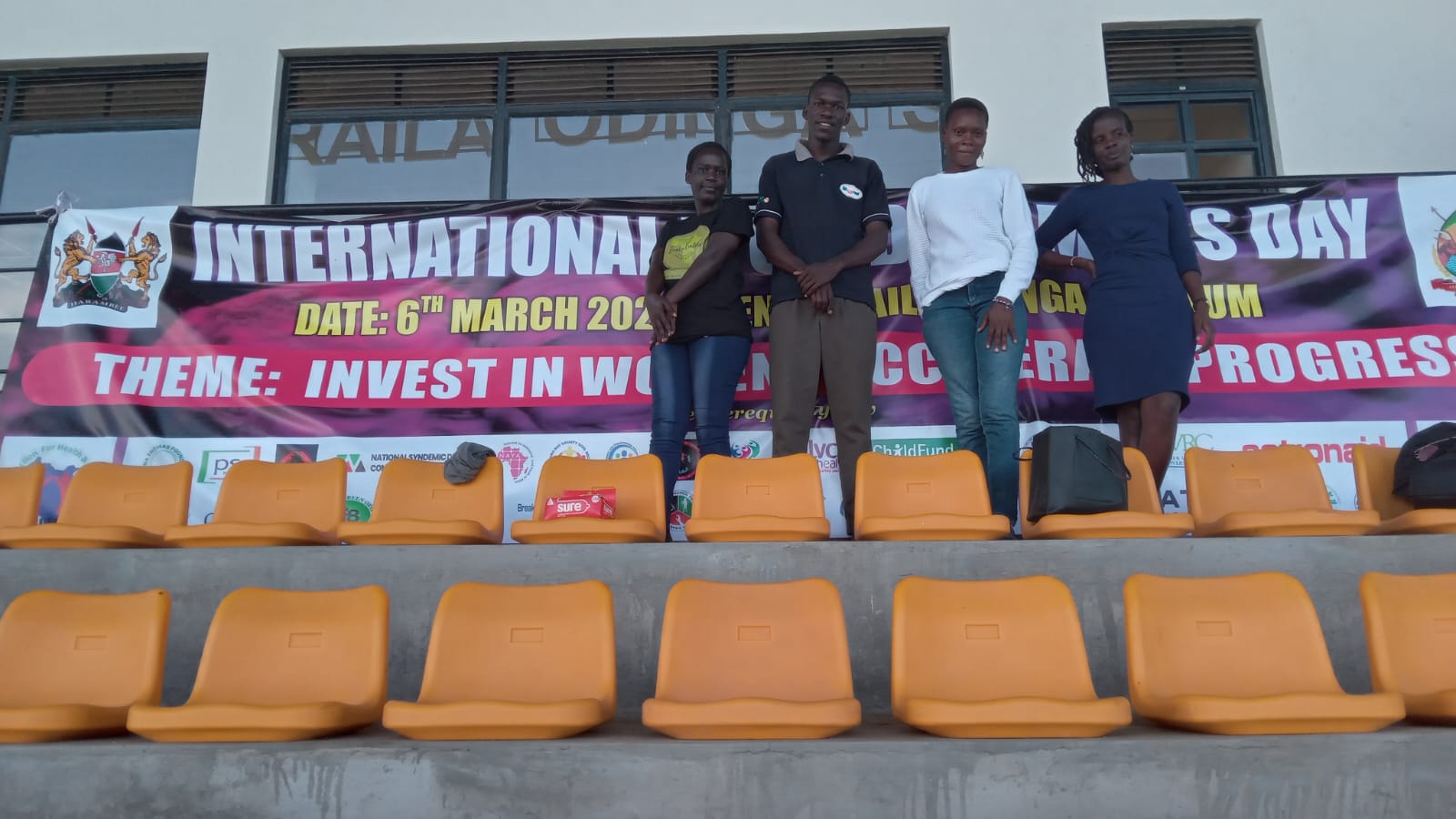
Youth Led Innovative and entrepreneurial solutions
When girls, boys, women and men are empowered with skills they need for decent working life, they thrive. They can support themselves, their families and communities. Two thirds of the world’s 1.2 billion young people lack essential skills, limiting their job prospects and pushing them into low-quality work. 1 in 5 are currently neither in employment, education or training, a rate that has steadily risen over the past 20 years. Investing in sectors like green, digital, creative and care economies could create 139 million new jobs by 2030, with over 30 million of these jobs filled by young people. CAHED commitments to remove the barriers that prevent youth from participating in the labour market, and create an enabling and safe environment where young people can thrive. Our programmes are tailored to equipping young people with relevant skills and actively engaged in decent work of their choosing, either waged or self-employed. We equip young people, especially women, with market-driven employability skills, financial literacy, transferable life skills, business and entrepreneurial skills. We provide peer-to-peer mentoring, career counselling, vocational training and job matching and placements to support their participation into decent work.
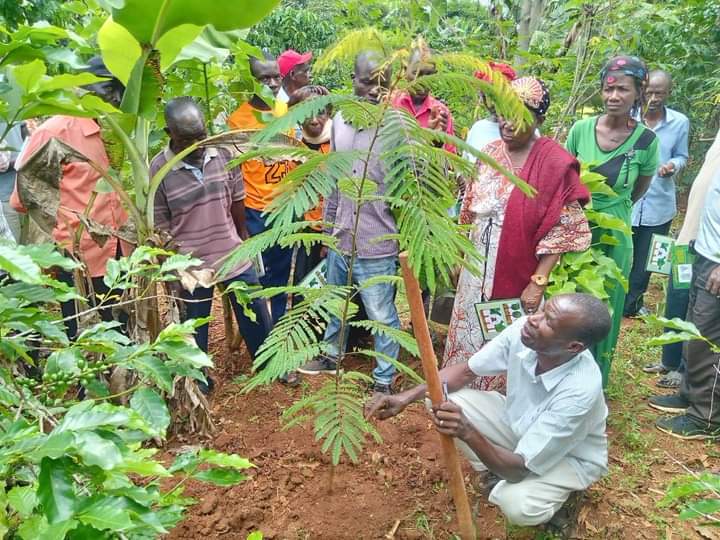
Climate Change & Adaptation
Climate change is now one of the greatest drivers of poverty and hunger with 45 million people worldwide at extreme risk of famine. This includes almost 21 million children. Communities all over the world are telling us that unreliable seasons, droughts and floods are on the rise. The climate crisis is affecting everyone, but girls and boys in the most vulnerable communities will bear the brunt of the impacts, despite being the least responsible for it. About 1 billion children – almost one in 2 children - across the globe are now living in countries at extremely high risk of climate change and environmental hazards such as violent storms, droughts, and floods. It is estimated that 3.2 billion people are affected by land degradation, while over 160 million children are living in areas of high-level drought. Without action on climate change, droughts will continue to intensify, land degradation and desertification will continue to accelerate, and the hunger crisis will be further exacerbated. CAHED, we believe that every child has the right to both a healthy and safe environment today and a sustainable future. Children are asking us to act now. Our environmental stewardship and climate action work aims to address both the impacts and the causes of climate change, and deliver positive development outcomes for children. We work with communities through models such as Regreening Communities to restore the environment, embed disaster risk reduction strategies and promote sustainable agri-food systems. We support children and youth to join their communities in advocating for climate action through participatory climate budgeting and Action, as well as on the international stage at events such as COP. They have been telling us for years that things are worsening, that the seasons are unreliable. We are working hard to respond to climate change and disasters. We are partnering with others to build their resilience and prepare them for crises. When such events occur, we are ready to help.
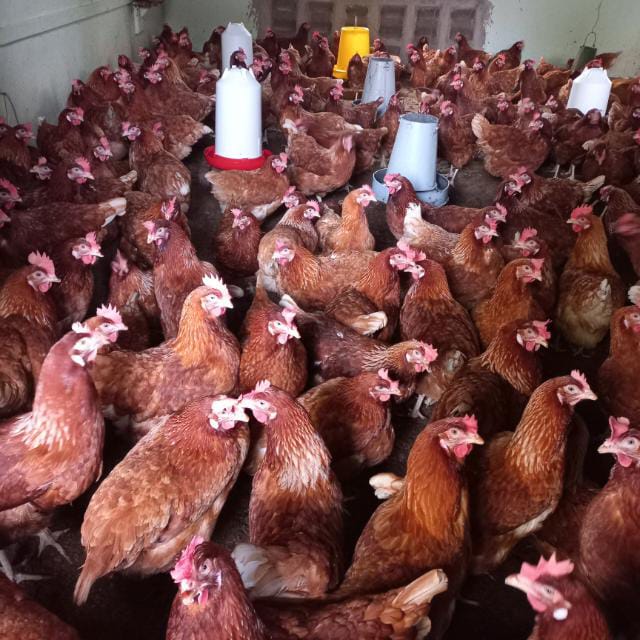
Agriculture and Food security
Making agriculture and food systems more equitable, resilient, and sustainable is key to addressing many of the world’s most pressing sustainable development challenges—from hunger and poverty to climate change and biodiversity loss. Agriculture and food systems are key to sustainable development. They feed us and provide livelihoods for a significant share of the world’s population. We need to ensure they can continue to sustain future generations—without harming the natural environment upon which they depend. To achieve these objectives, we work with a range of farm stakeholders in our communities and regions. We provide advice and training to communities; we produce practical tools and guidance for communities and civil society; and we bring these stakeholders together to engage in inclusive dialogue and peer-to-peer learning. Together, we produce and disseminate evidence and recommendations to improve knowledge and inspire and inform action. This feeds into important international processes to develop rules, norms, principles, and targets aimed at achieving equitable and sustainable food systems for present and future generations.
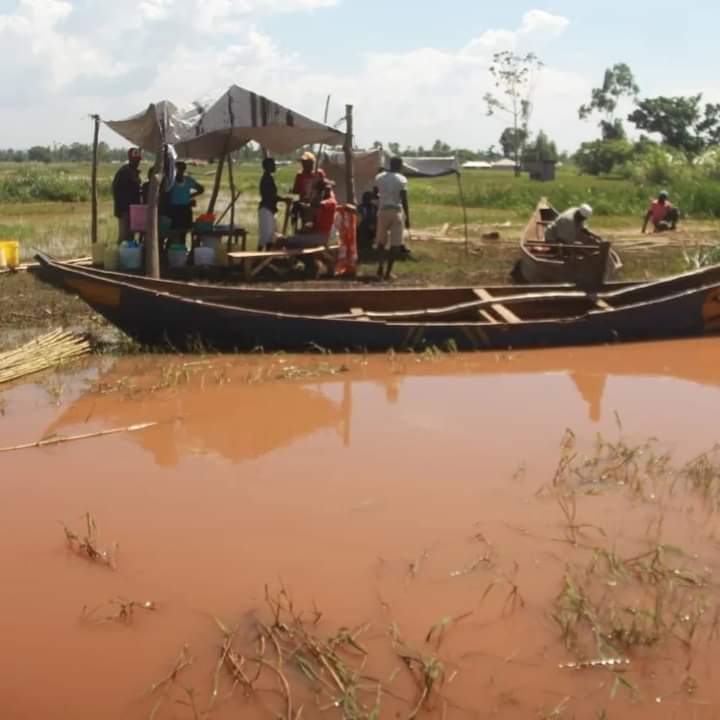
Disaster Risk Management
Children’s lives can change in an instant in the wake of war, disasters and humanitarian emergencies. We see how vulnerable they are and how much they need our protection. Today, there are more than double the number of emergencies than there were ten years ago. The numbers can seem overwhelming: a total of 299.4 million people worldwide are in need of humanitarian assistance just to survive, and over half of them are children. This is up from 235 million people in 2021 and 168 million in 2020. The nature of emergencies is also changing. Conflict is more vicious, complex and unpredictable. Climate change is unleashing natural disasters faster, for longer and with longer-lasting consequences for children and their families. The number of people facing acute hunger - 'crisis' levels or worse - has doubled since 2021. In the most extreme of those cases - an estimated 35 million people in 39 countries were at risk of famine, up from 27 million in 2019. The needs are greater, the gap in available funding is growing, and the calls to respond have never been greater. There is hope. With the support of our partners across the world, we are in a better position to respond to the pressing and ever-changing needs of children. For more than 12 years, we have been responding, adapting, learning, and reaching thousands of children affected by emergencies every year.
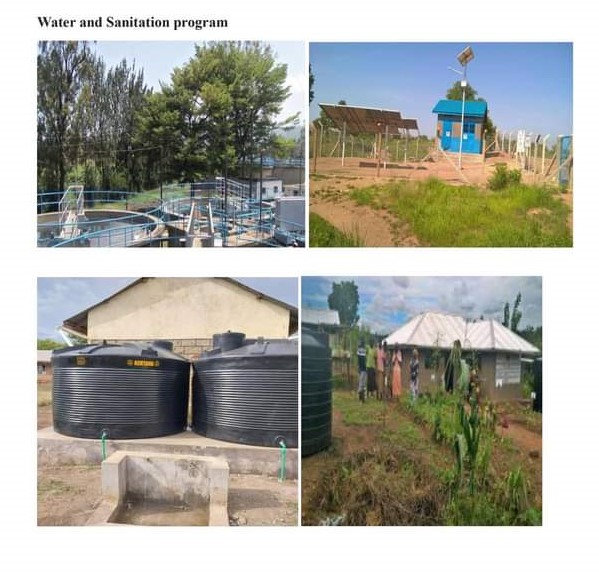
Clean Water and sanitation
Water, sanitation and hygiene (WASH) are essential for children and their families to live healthy, prosperous lives. WASH is at the core of child health and development and is vital for a child's well-being. We focus on bringing clean water, dignified sanitation and effective hygiene practices to communities, schools and healthcare facilities. Clean and safe water supplies reduce the time needed to collect water. This allows children to attend school and parents, particularly mothers, to have more time to generate income for their families. Safe, private toilets and handwashing facilities with soap keep children and families free from disease. WASH services at school mean that children can stay healthy and focused on learning. And healthcare facilities equipped with WASH services mean a higher quality of care for patients, including mothers and their newborn babies. There is still work to be done. More than 1000 children still die each day due to diseases caused by unsafe water, sanitation and hygiene. The world has made a commitment to ensure that everyone has access to safe drinking water, sanitation, and hygiene by 2030. This goal is known as Sustainable Development Goal 6.
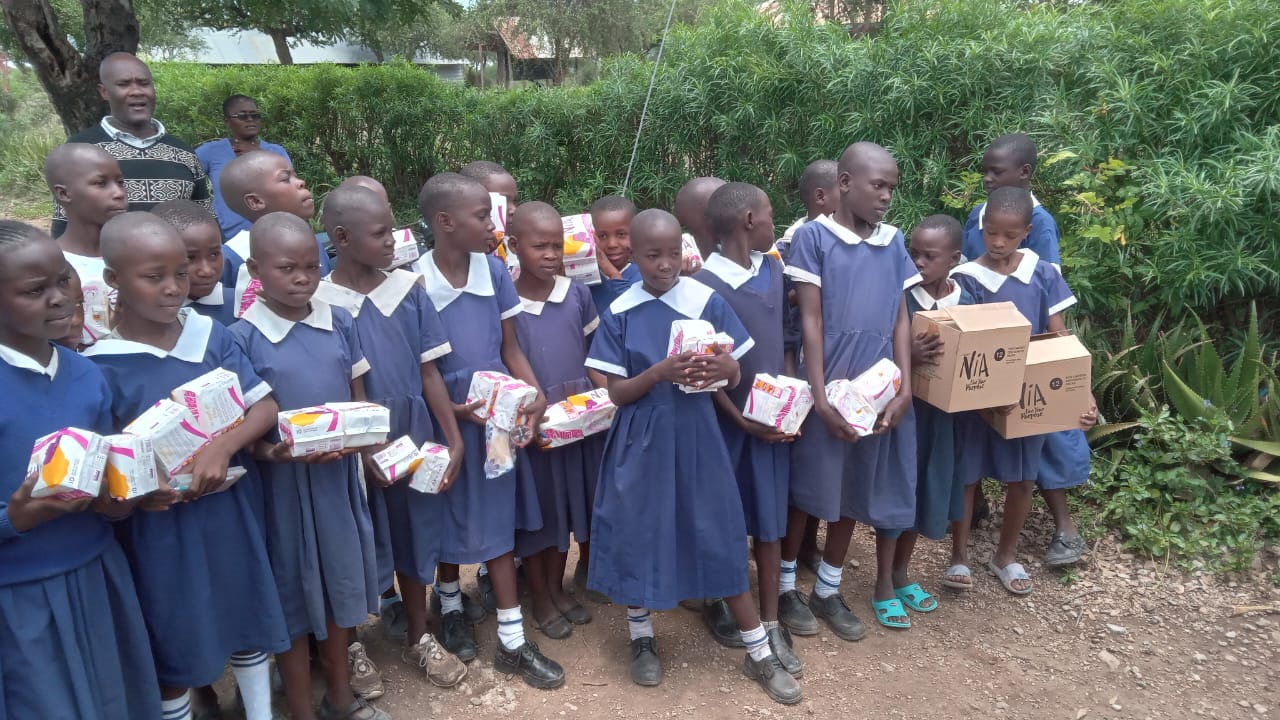
Sexual Reproductive Health and Rights for girls and women
Gender inequality and discrimination against girls mean they are often robbed of the right to make their own life decisions – from what happens to their bodies, to when and to whom they marry. Our commitment on sexual and reproductive health and rights Teenage pregnancy can rob girls of their potential by ceasing their education and giving them adult responsibilities. An estimated 18 million adolescent girls give birth every year. Ensuring girls’ and young women realise their right to sexual and reproductive health and have control over their lives and bodies are critical to achieving gender equality. We work with partners around to enable access to quality sexual health services, and eliminate harmful practices such as girl child for sexual activity and child, early and forced marriage.

Economic Empowerment
Around the world, the impact of extreme poverty on children’s development is devastating. Approximately 333 million children are living in extreme poverty with less than $2.15 a day. Child poverty has long-term implications for their overall well-being. These include poor psychosocial and physical health, malnutrition, lack of education, social exclusion, and limited future employment opportunities. Children may be exposed to more violence, such as child labour and child marriage, as families and caregivers face economic difficulties. This is due to increased stress and pressure to make ends meet. Predictions suggest that climate and disaster risk will push an estimated 325 million poor people into extreme poverty over the next decade. Children in the poorest and most fragile contexts face the greatest risk. In alignment with the Sustainable Development Goals (SDG), World Vision strives to end poverty in all its forms by 2030 to help the most vulnerable children to reach their full potential. We do this by: Graduating the most vulnerable families out of extreme poverty – so that very poor families become economically self-reliant and have the dignity and means to provide for their own children. Strengthening food production and increasing resilience and access to markets and financial services – so that farmers can increase production of more sustainable and more nutritious food for household consumption and income-earning purposes. Promoting sustainable employment opportunities and market systems – so that communities have access to goods, services and employment opportunities through private sector partnerships. Promoting women’s economic empowerment – so that through economic advancement, women have access to opportunities, services, resources; and through agency, women gain improved decision-making in households and economic activities, and can manage their paid and unpaid workloads, resulting in improved wellbeing. World Vision also promotes equitable systems through which women can benefit from equitable policies, laws, institutional practices, and social norms.